
Subscribe to our mailing list.
All Blog Posts With Tag: John Calvin
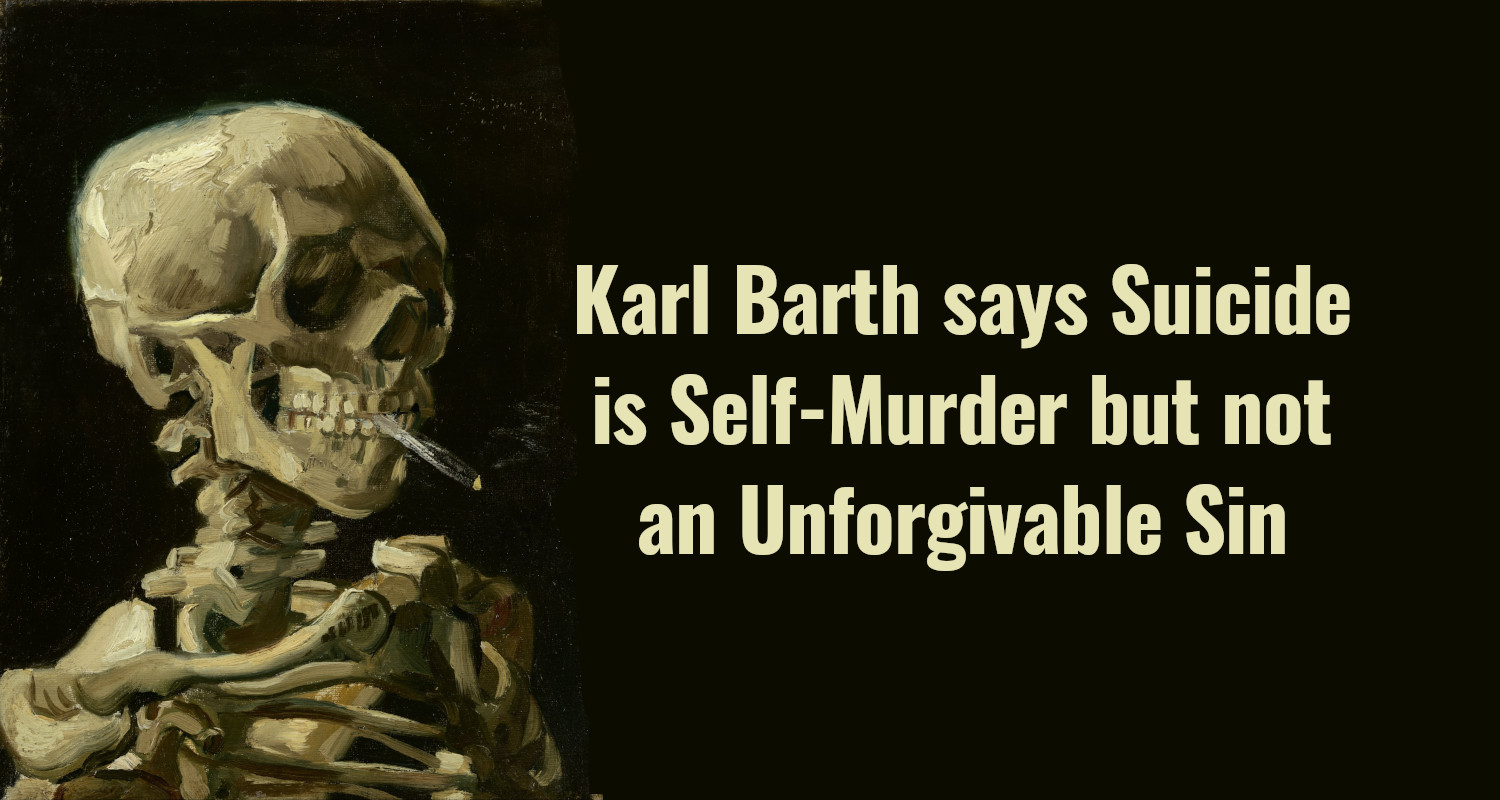
Karl Barth speaks a decisive No! to suicide in the Church Dogmatics III/4. In the last week, after the suicide of Kate Spade and Anthony Bourdain, there have been many positive and negative responses, so it is an appropriate time to discuss the ethics of suicide. Karl Barth argues that suicide is […]

Penal Substitutionary Atonement (PSA) is one of many atonement theories, and is the most commonly held theory among evangelicals today. Sadly, Penal Substitutionary Atonement is wrongly assumed to be the only biblical view of atonement, and in the most egregious cases, it is tragically identified with the gospel, and anachronistically […]
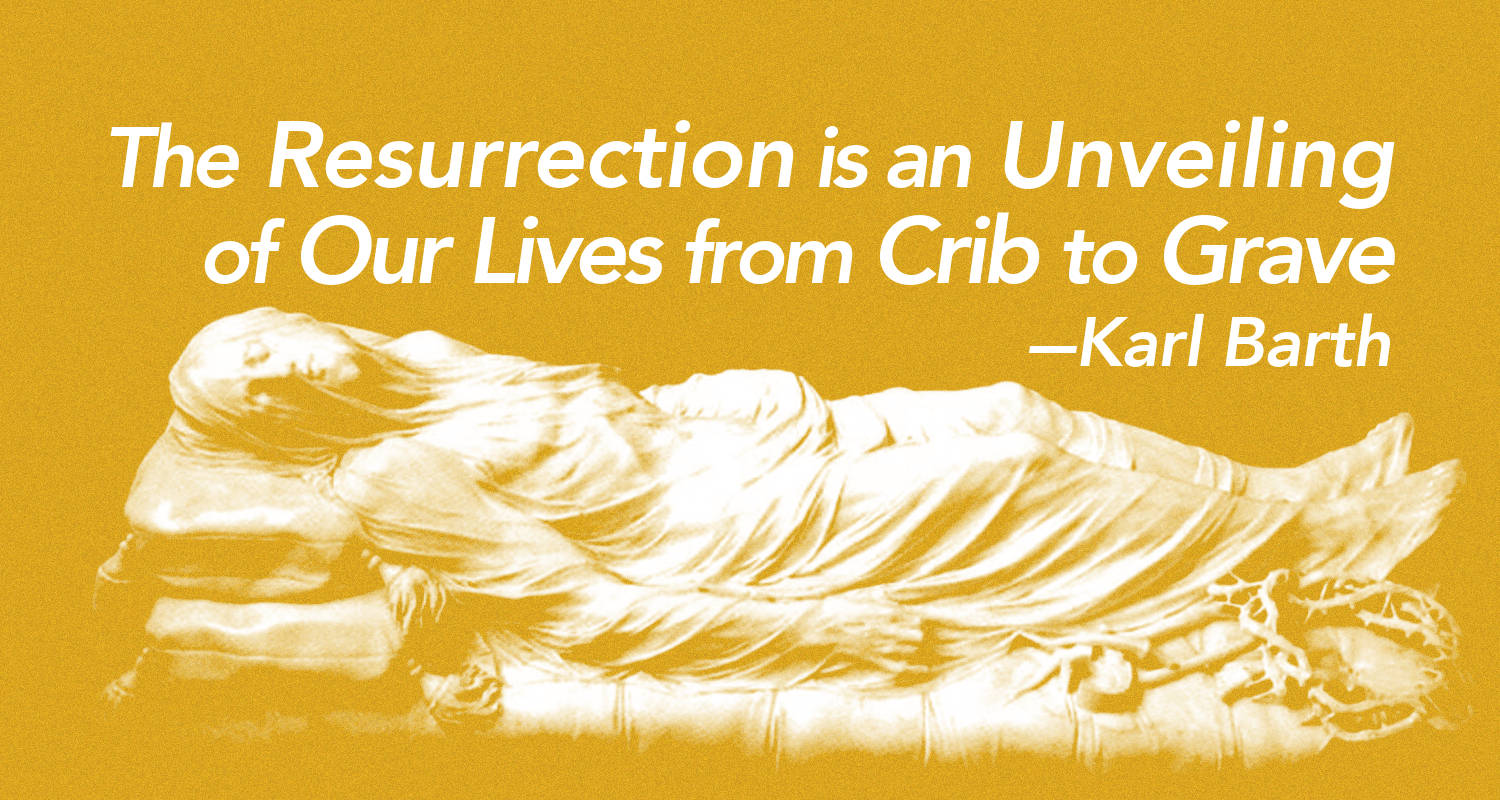
In Karl Barth's Faith of the Church, describes the future resurrection like an unveiling of an art exhibit. Barth compares our entire lives from birth to death to an art exhibit under a table cloth, such that the art exhibit is present to all, but its true form is unrecognizable […]
John Calvin’s Labyrinth (December 11, 2017)
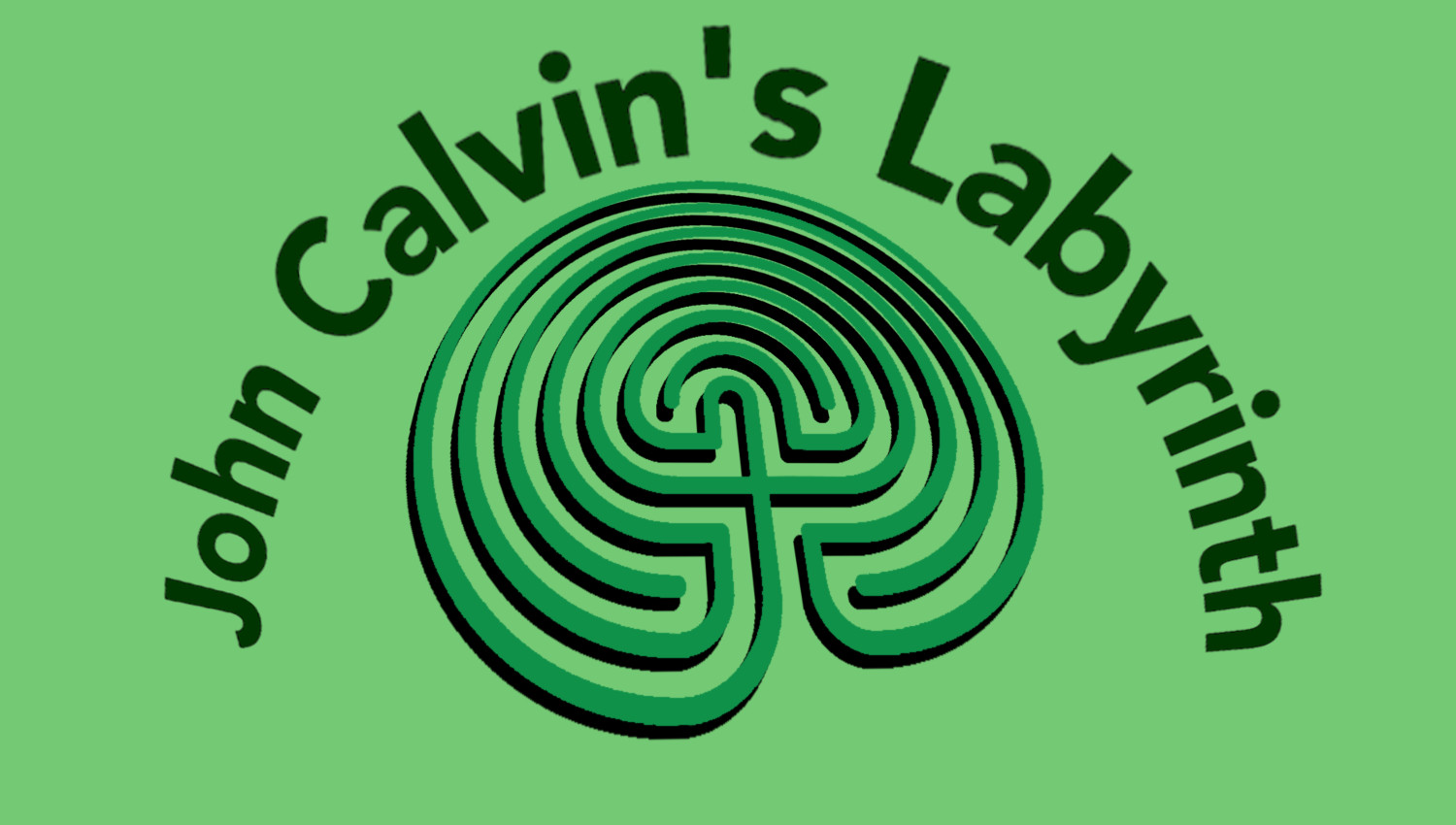
John Calvin frequently refers to the labyrinth (or maze) throughout his writings and especially in his Institutes of the Christian Religion. John T. McNeill said "The pictorial figure of the labyrinth in Calvin's writings frequently employed as a symbol of human frustration and confusion." [Institutes I.v.12n36]. The labyrinth is an ancient […]
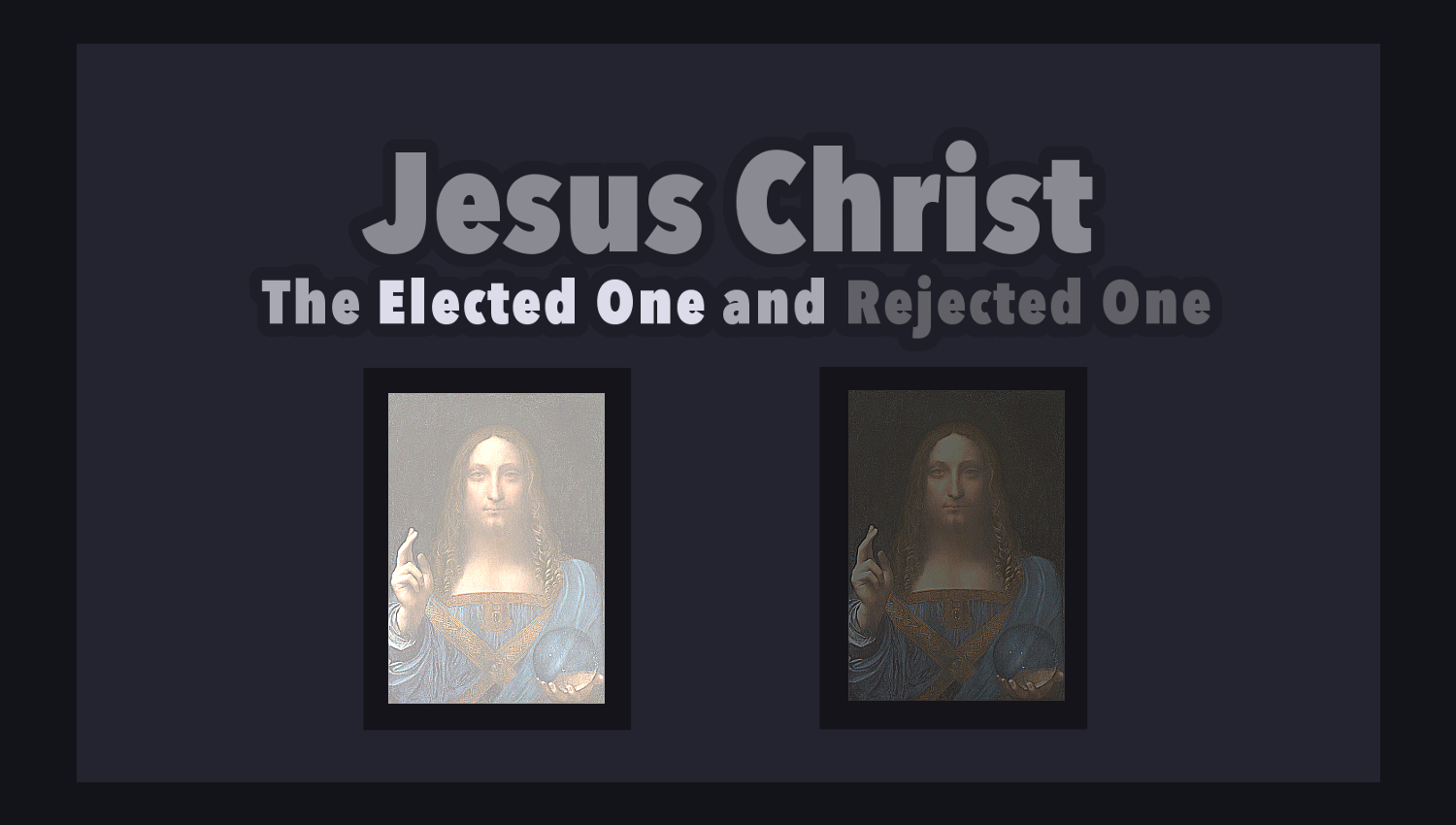
The doctrine of election is a controversial doctrine that is rooted in Pauline theology (and the Mark-Matthew tradition), initially developed by Augustine's doctrine of predestination and later developed by John Calvin's doctrine of double predestination. Traditionally, the doctrine of election begins with God's pre-temporal absolute decree (decretum absolutum) that sorts […]
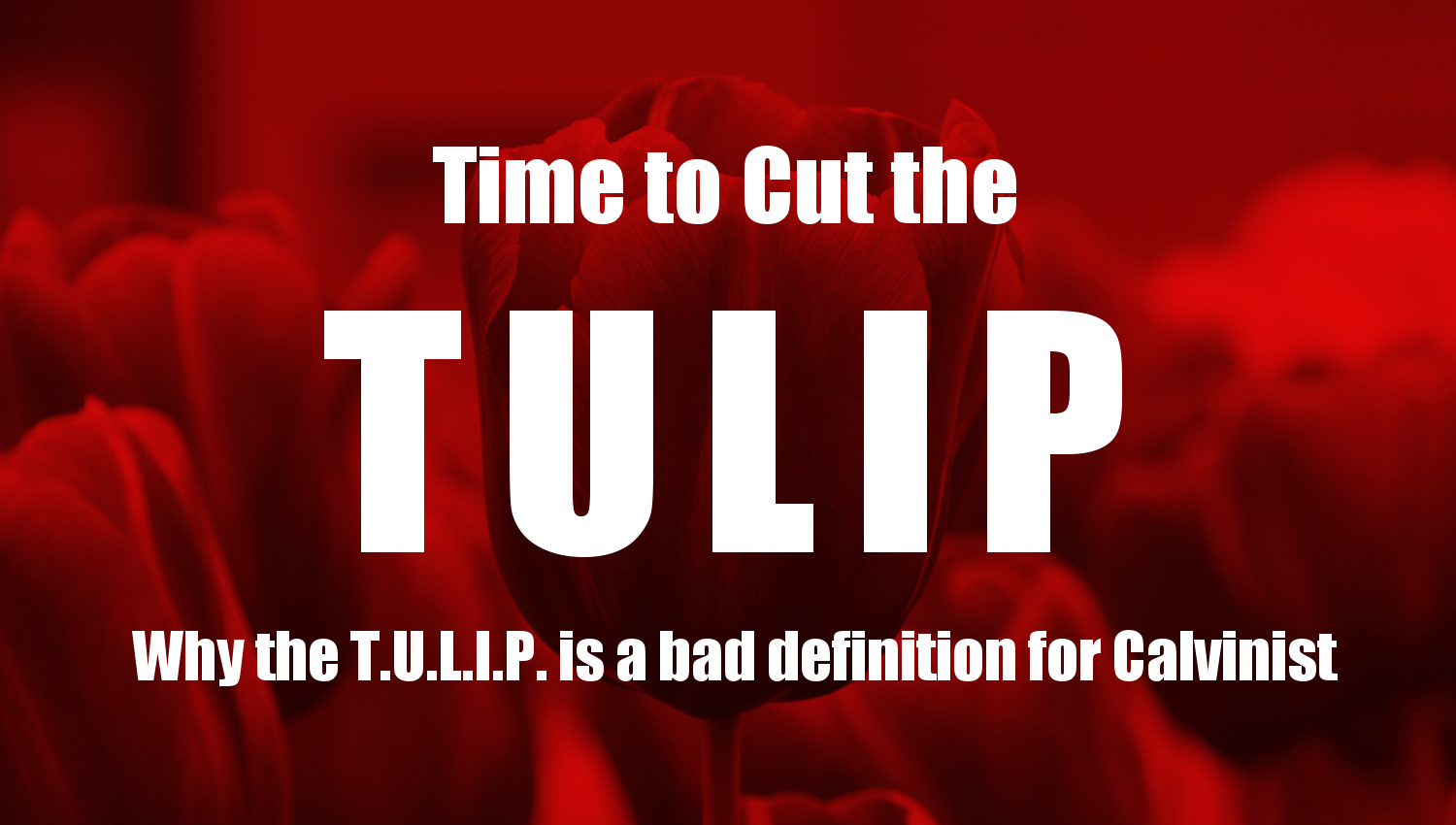
What is a Calvinist? Most American Evangelicals will answer that it is anyone who affirms the T.U.L.I.P. The TULIP is an acrostic for Double Predestination that stands for Total Depravity, Irresistible Grace, Limited Atonement, Unconditional Election, and Perseverance of the Saints—and anyone who affirms all the petals of this TULIP is commonly […]
John Calvin: A Dialectical Theologian (May 21, 2017)
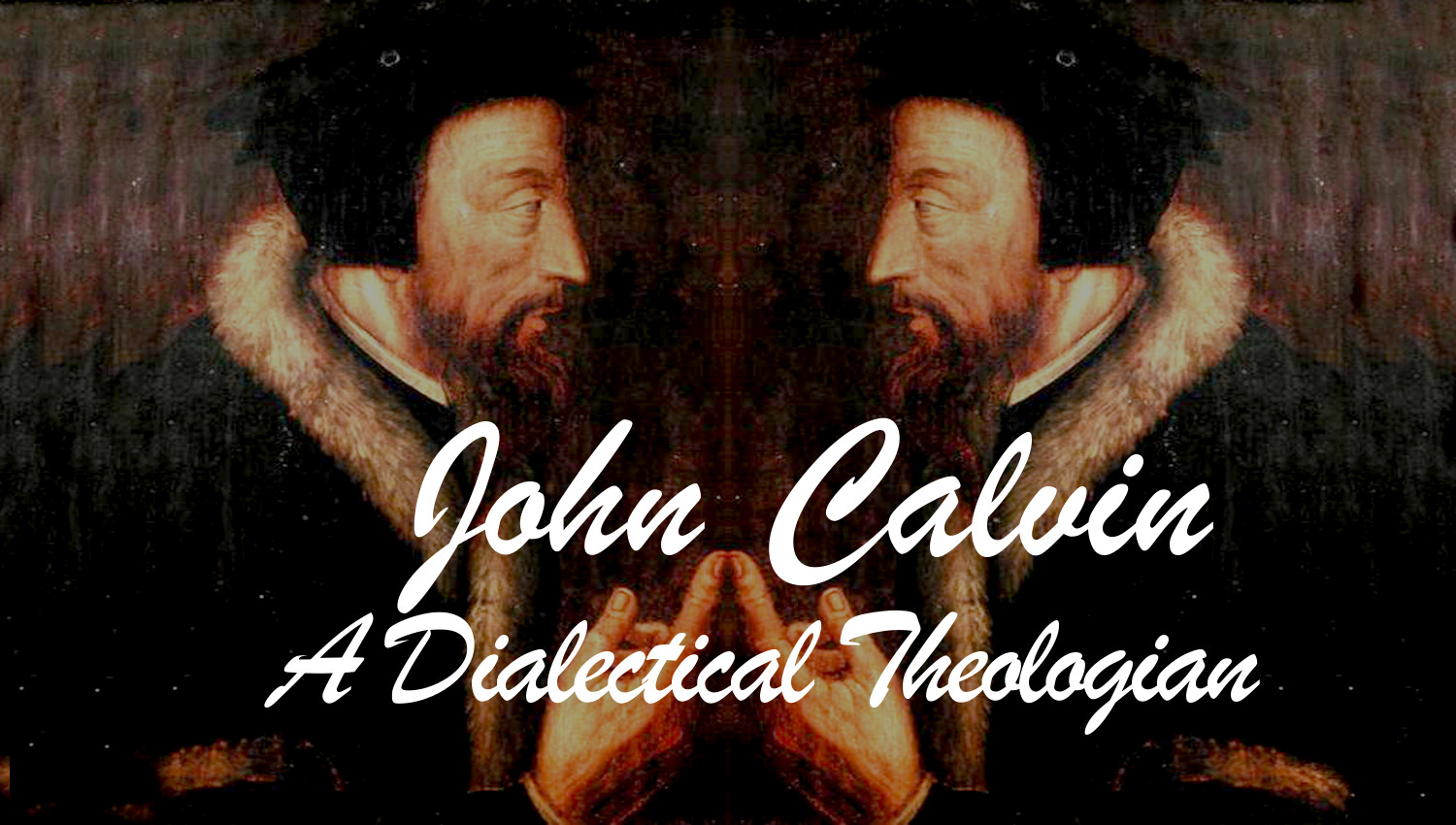
Karl Barth was fascinated with John Calvin, and he called Calvin a "demonic power" but also in the same breath, Barth said he could "spend all the rest of my life just with Calvin." Barth was fixated with John Calvin, so it is a perrennial desire of mine to reappropriate Calvin for good, and […]
Errors of Inerrancy #9: Inerrancy turns the Bible into a Paper Pope. (April 17, 2017)
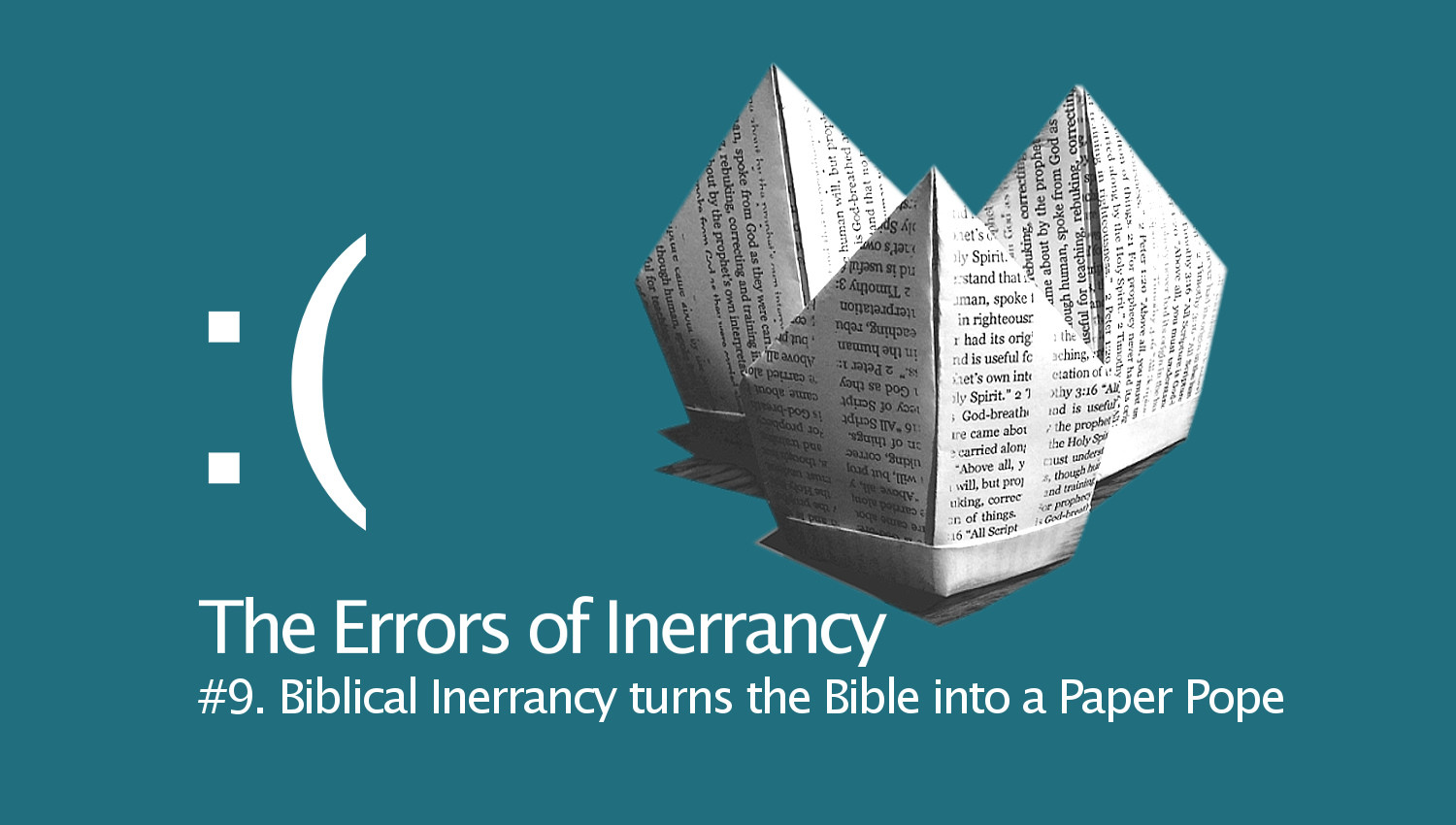
[The Errors of Inerrancy: A ten-part series on why Biblical Inerrancy censors the Scriptures and divides Evangelicals.]
The Errors of Inerrancy #9: Inerrancy turns the Bible into a Paper Pope.
Biblical Inerrancy not only causes misunderstanding of the Bible, it also causes misuse of the Bible. When Biblical Inerrancy abolishes the distinction between […]
The Errors of Inerrancy #8: Facebook Live Replay [video] (March 11, 2017)
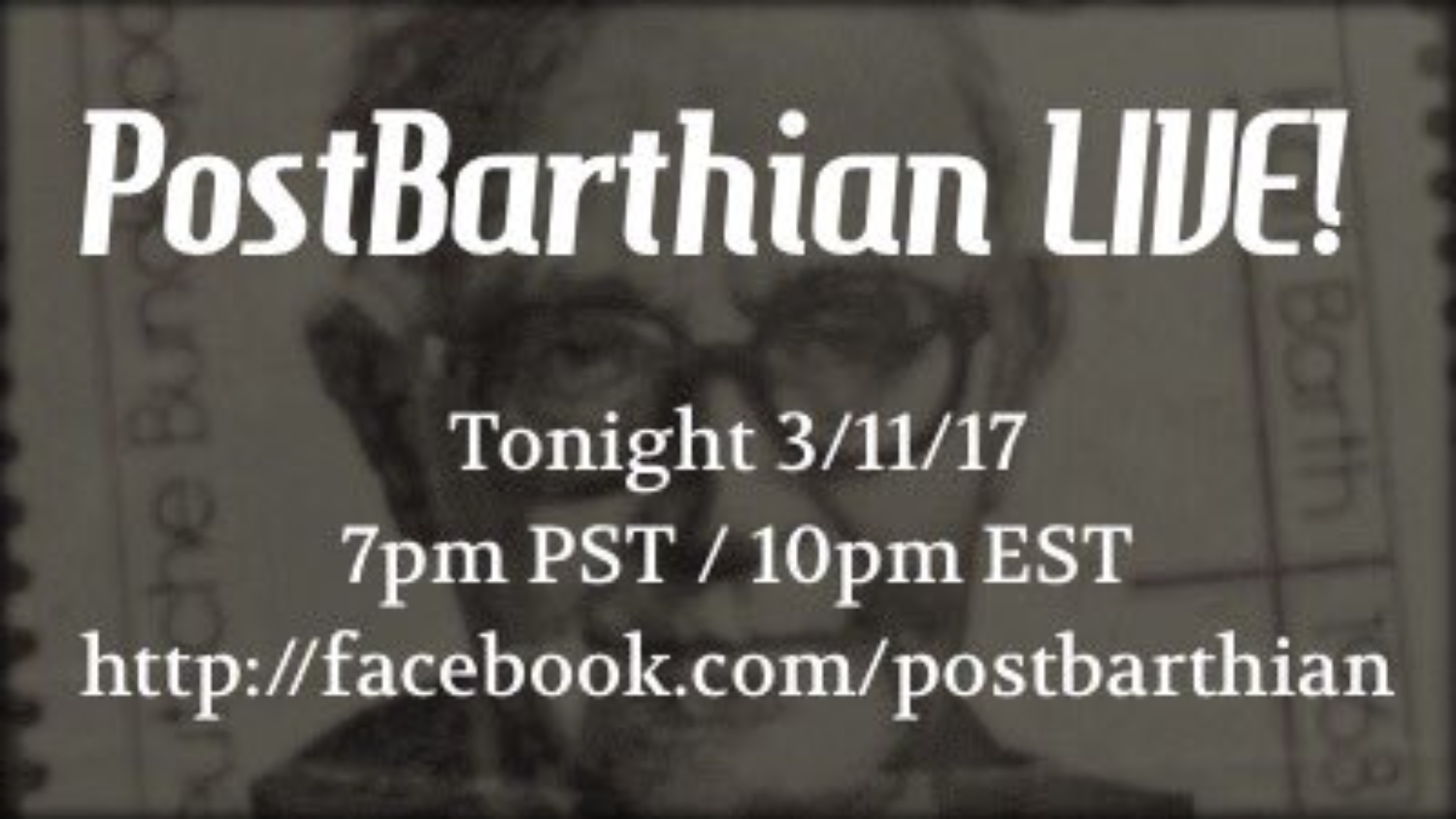
If you missed today's live video discussion on The Errors of Inerrancy: #8 The Protestant Reformers Would Not Affirm Biblical Inerrancy (Martin Luther, John Calvin, et al.), then you may watch the video replay here, or watch it with comments on our PostBarthian FaceBook page.
In this video, I talk about Calvin's view […]
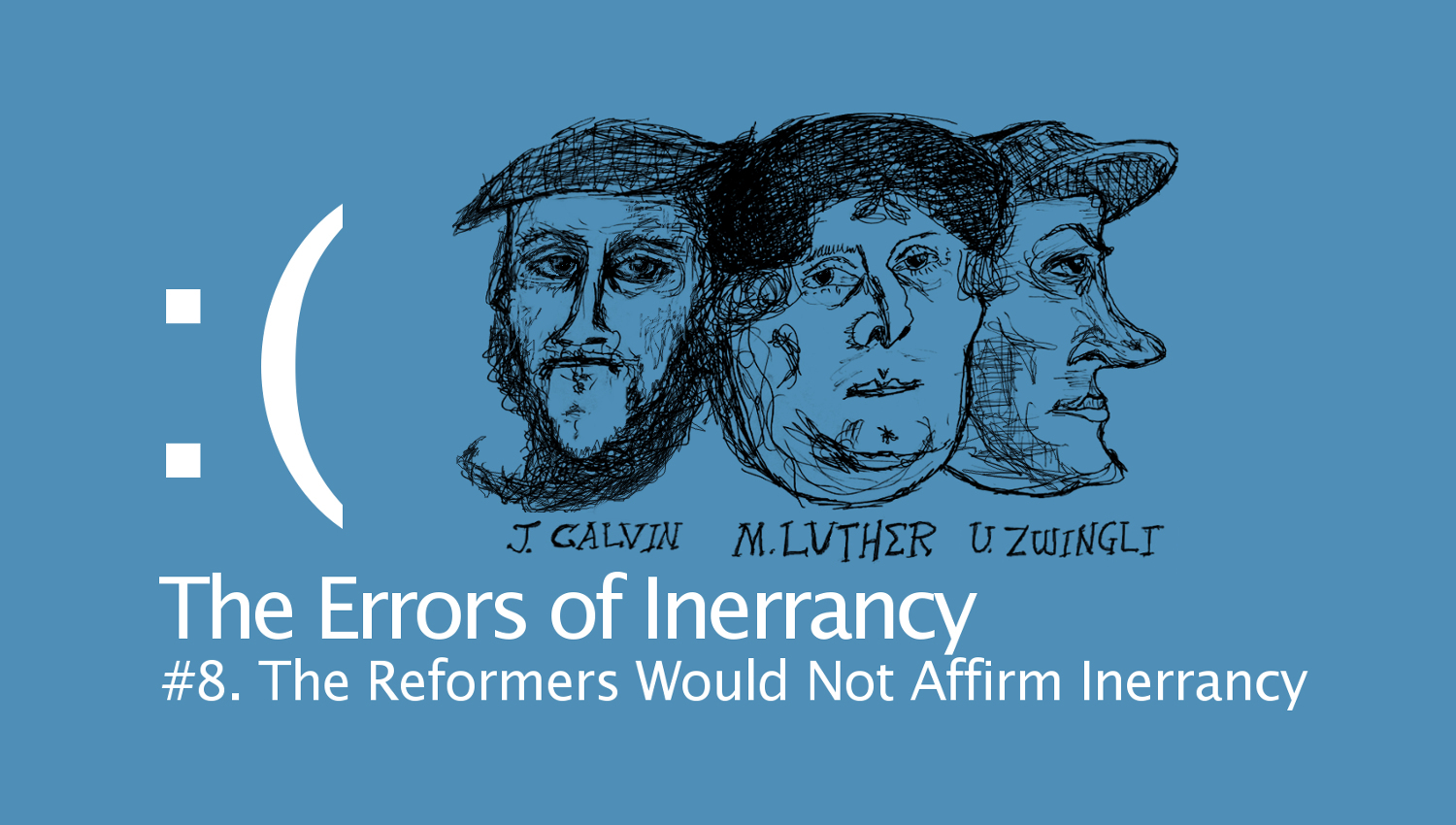
[The Errors of Inerrancy: A ten-part series on why Biblical Inerrancy censors the Scriptures and divides Evangelicals.]
8. The Protestant Reformers (John Calvin, Martin Luther, Zwingli, etc.) would not and did not affirm Biblical Inerrancy.
Introduction
The Protestant Reformers such as Martin Luther, John Calvin, Huldrych Zwingli, et al. have written isolated statements that are perennially […]

